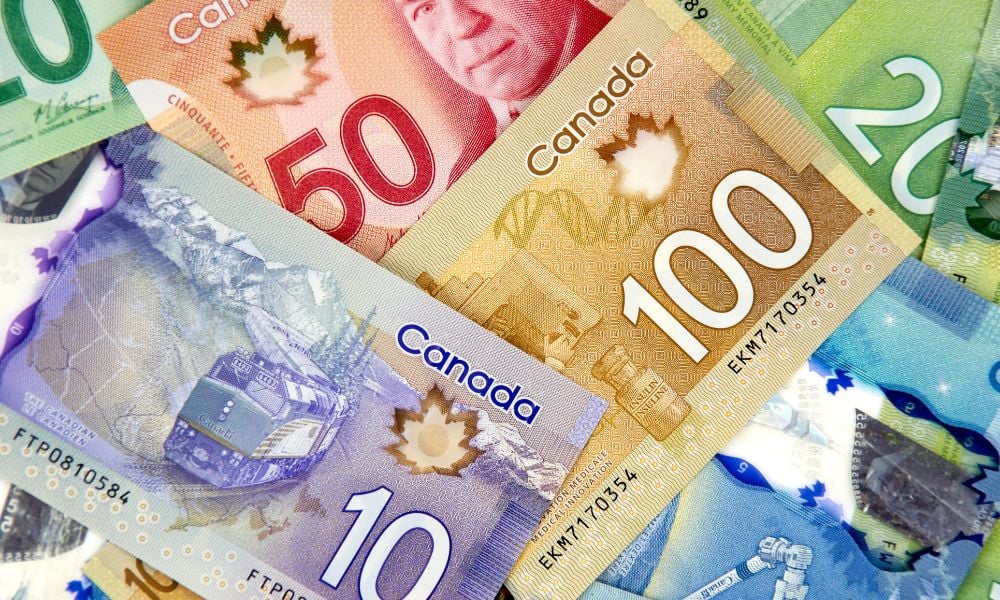Political uncertainty deepens with Trudeau's departure, raising questions about Canada-US trade talks

The Canadian dollar rose as much as 1.2 percent to $1.4280 on Monday morning after Prime Minister Justin Trudeau announced his resignation as leader of the Liberal Party, according to Financial Post.
This initial increase was supported by a weaker US dollar but later softened during Trudeau’s speech in Ottawa. The loonie had previously declined significantly, reaching its lowest level since March 2020 in December, following the resignation of Finance Minister Chrystia Freeland.
Over the last three months of 2024, the currency lost approximately six percent in value, driven by trade tensions and tariff threats from US president-elect Donald Trump.
Valentin Marinov, head of G-10 FX strategy at Credit Agricole, expressed doubts that Trudeau’s departure would have a lasting impact on the Canadian dollar, citing Canada’s weak economic conditions and the Bank of Canada’s recent dovish stance.
Marinov stated, “I doubt that Trudeau’s departure would be a game changer for the CAD even if it ultimately ushers in a period of relative political calm.” He added that the ongoing political drama might cause short-term volatility, but the loonie “may not yet be ready to spread its wings and fly.”
Thierry Wizman, global currencies and interest-rate strategist at Macquarie, said Trudeau’s resignation increases the likelihood of a Conservative-led government.
Wizman stated, “It looks like a Conservative-led government is closer to being on the way in Canada, and we can now say with greater than 50 percent certitude that the Conservatives or a Conservative-led coalition will govern Canada in 2025.”
He suggested that this possibility could strengthen the Canadian dollar.
Jayati Bharadwaj, a currency strategist at TD Securities, warned that the political uncertainty stemming from Trudeau’s resignation might persist.
She noted, “The more this uncertainty drags, the less scope there is for any meaningful imminent fiscal package in Canada.” Bharadwaj also highlighted that Trudeau’s departure alone is unlikely to provide bullish momentum for the currency.
Sarah Ying, head of FX strategy at CIBC Capital Markets, remarked that Canadian politics rarely have a direct impact on currency moves.
She stated, “We suspect moving forward, most of the near-term moves in the Canadian currency would be driven by Trump headline risk, as we also saw this morning.”
Karl Schamotta, chief market strategist at Corpay, predicted that markets could favour a win by Pierre Poilievre’s Conservative Party, which currently leads in polls.
However, Schamotta pointed out uncertainties about how closely Poilievre’s policies might align with Trump’s and whether such alignment would reduce the likelihood of tariffs.
He explained, “Considerable uncertainty remains around the degree to which his right-of-centre political stance will align with Trump’s and make tariffs less likely.”
Kyle Chapman, an FX markets analyst at Ballinger Group, viewed Trudeau’s resignation as accelerating the timeline for political change, possibly leading to an early election.
Chapman said, “A conservative, Trump-aligned leader in Canada could also mean that the US administration becomes more amenable to going easy on trade tariffs.”
Bipan Rai, head of ETF strategy at BMO Asset Management, emphasized that Trudeau’s resignation and the prorogation of Parliament are not the primary factors influencing the Canadian dollar.
Instead, Rai stated, “The far more important factor continues to be potential tariffs and whether there will be any carve-outs for Canada.”



